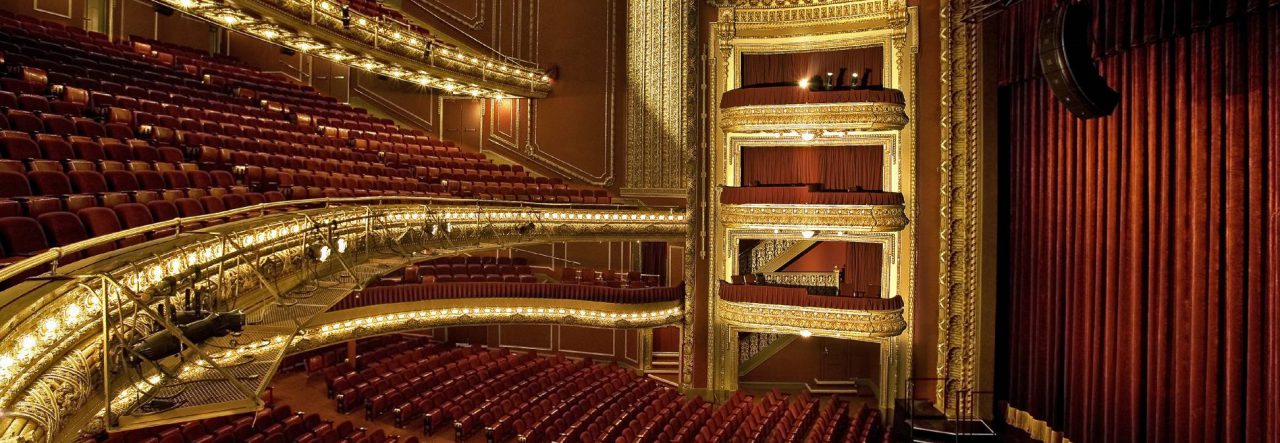To quote another Star Trek luminary, Allegiance is utterly “fascinating.” It’s also far more engaging and even entertaining than I expected – this is after all, a musical about Japanese-Americans being interred in camps during World War II. George Takei, known equally for being Mr. Sulu on the original Star Trek and being something of a social media Oscar Wilde, was himself interred in these camps as a child. He inspired the creative team of Allegiance, and also stars in a dual role.
Takei is terrific as both Sam Kimura – a man looking back on his years both in the camp, and eventually as a soldier in the war – and Ojii-chan, Sam’s doting grandfather. He spends more time playing Ojii-chan, which works well; that character is much closer to Takei’s own optimism and quick good humor.
Telly Leung plays the young Sam as an All-American Japanese boy, and is suitability driven, dashing and golden-voiced. Lea Salonga is in equally dazzling voice as Sammy’s more traditionally-inclined sister Kei.
The core of composer Jay Kuo’s score is in the style of pop operas like Les Mis or Phantom, but I like it more than those because it’s size and earnestness is totally earned. The creative team’s commitment shines through, and it helps the show’s integrity that many people involved have a sincere emotional connection to Takei’s – and, by extension, Sam’s – story.
Kuo actually incorporates an admirable amount of variety around that core, using the traditional Japanese melody “Sakura” as a counter-melody at one point, and diving headlong into boogie woogie at another. The book, which Kuo co-authored with Marc Acito and Lorenzo Thione, deals with enormous issues, skillfully using the prism of one family’s trials to tell the story of a community of 120,000 in crisis. Allegiance succeeds because of its heartfelt earnestness, not in spite of it, and is intelligent, well-structured and moving to boot. Recommended.
For tickets, click here.
To learn about Jonathan Warman’s directing work, see jonathanwarman.com.


